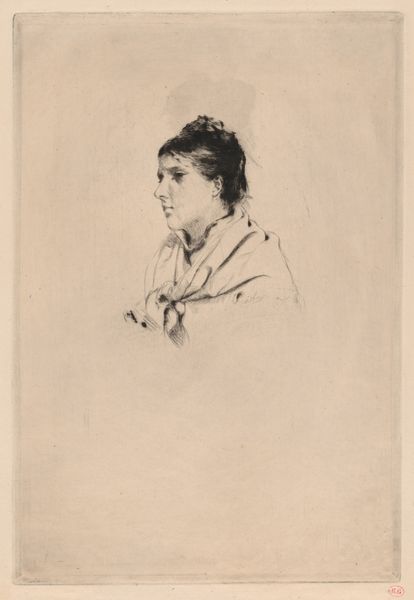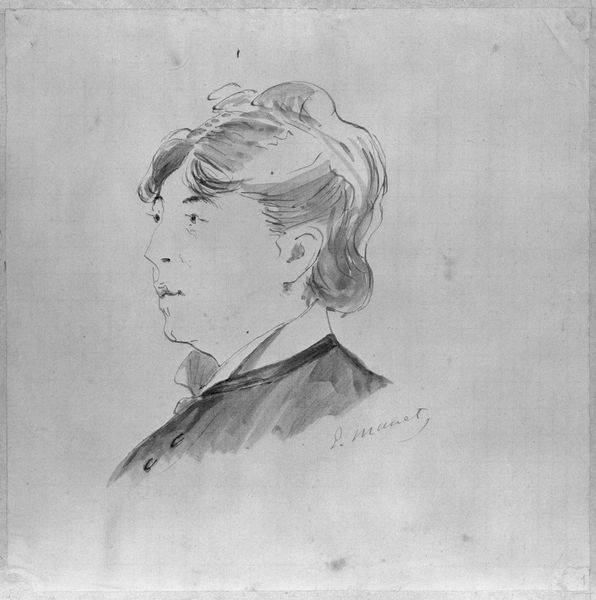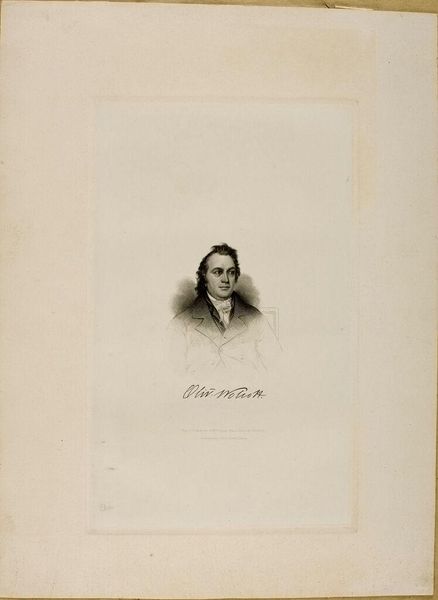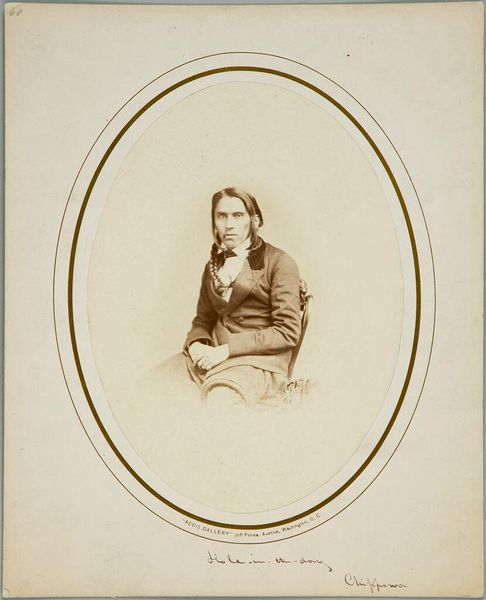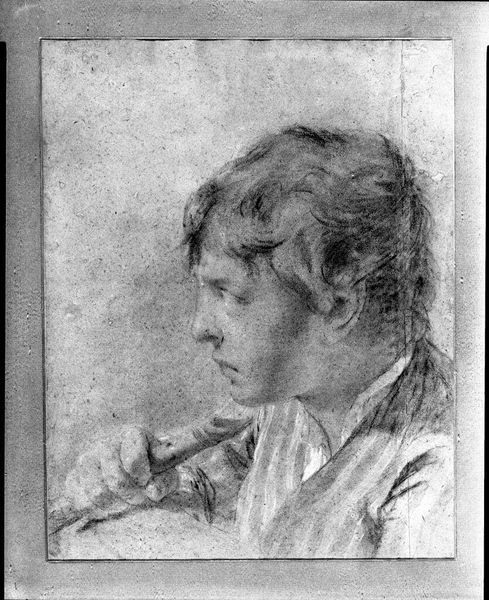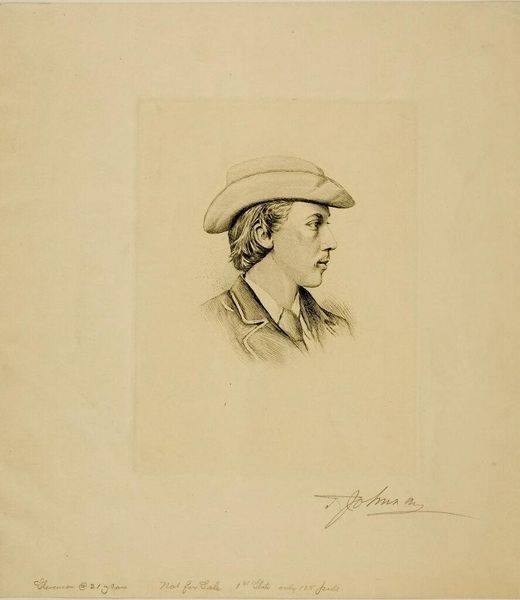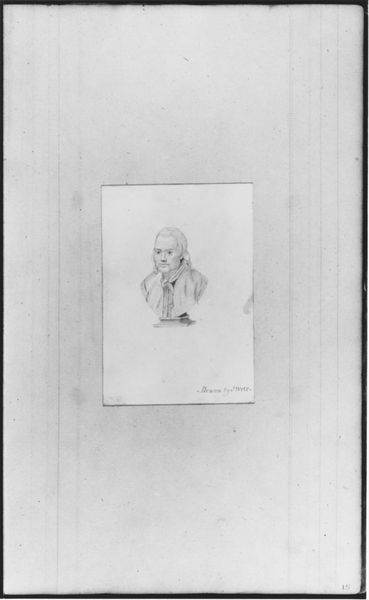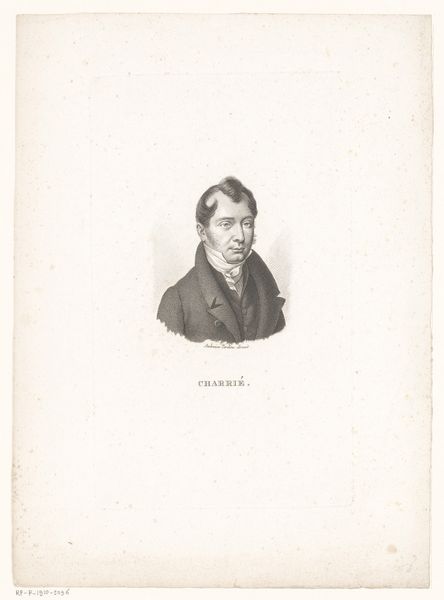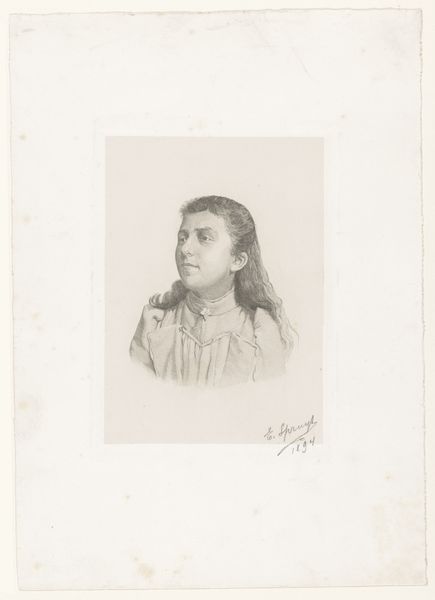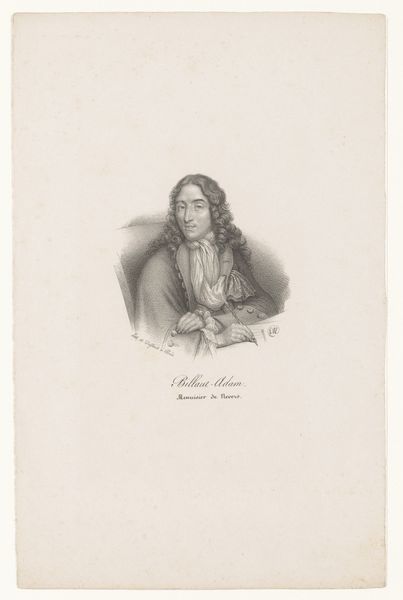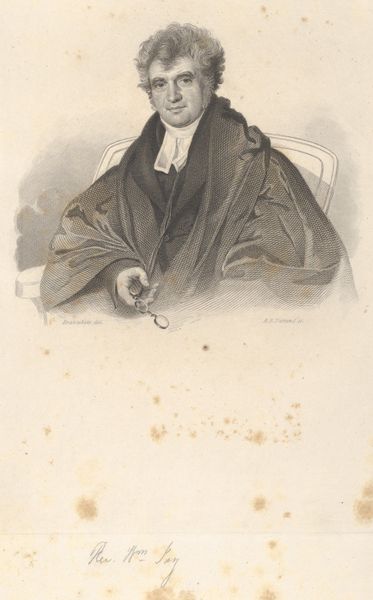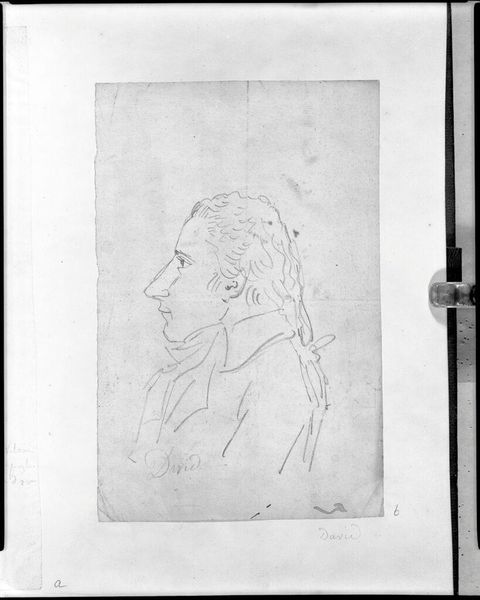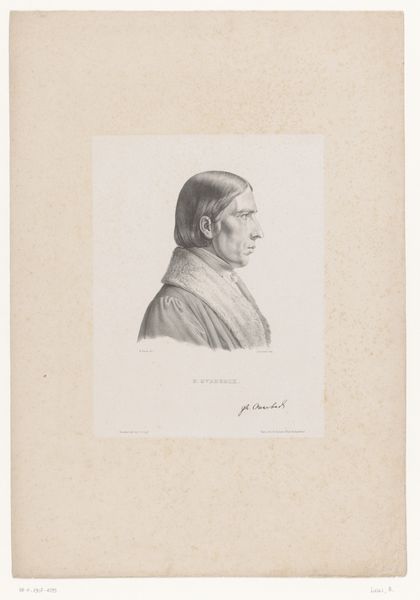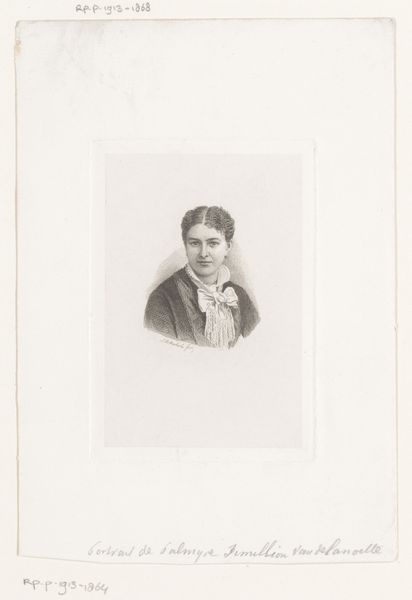
drawing, paper, pencil
#
portrait
#
pencil drawn
#
drawing
#
charcoal drawing
#
paper
#
pencil drawing
#
pencil
#
portrait drawing
Copyright: Public domain
Paul Kane made this sketch of a Flathead Woman in 1847 during his travels through western Canada. Kane's project was an attempt to capture images of indigenous peoples and their ways of life during a period of increasing colonialization. The portrait creates meaning through its depiction of an individual who is at once a subject of anthropological interest and a figure worthy of respect. Consider how the term "Flathead" carries loaded cultural and historical associations, referring to the practice of head flattening, which was done differently among different groups. The portrait challenges prevalent stereotypes but also reinforces a power dynamic. What does it mean when an artist from a dominant culture takes it upon themself to represent another? What biases might they bring? To interpret this artwork, we need to consider how the artist's choices reflect the social and political context of Canada. The Hudson's Bay Company records, missionary archives, and the artist's own writings can all help to reveal the complex interactions between settlers and indigenous peoples in this period.
Comments
No comments
Be the first to comment and join the conversation on the ultimate creative platform.
